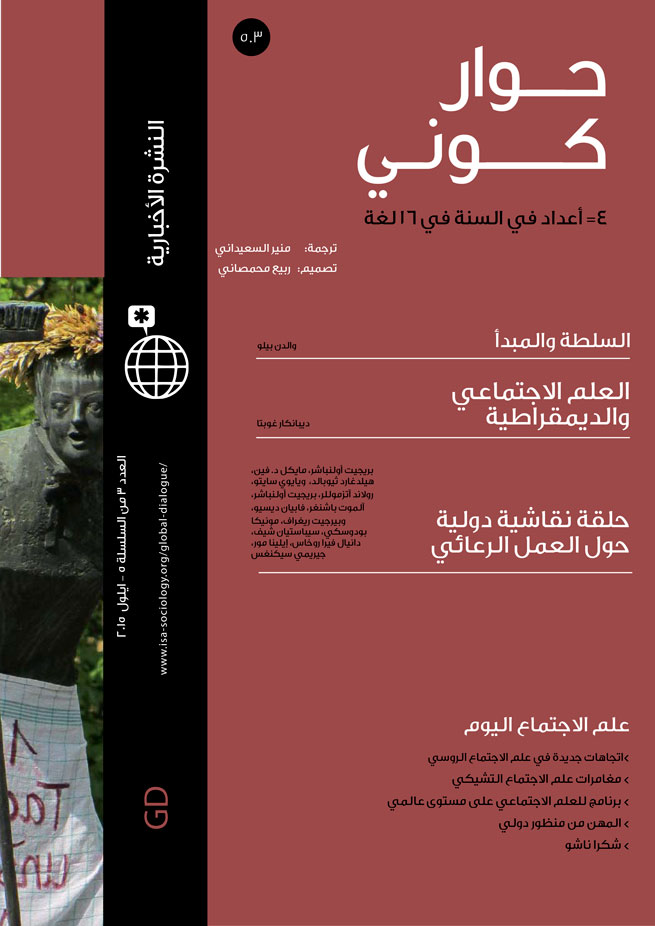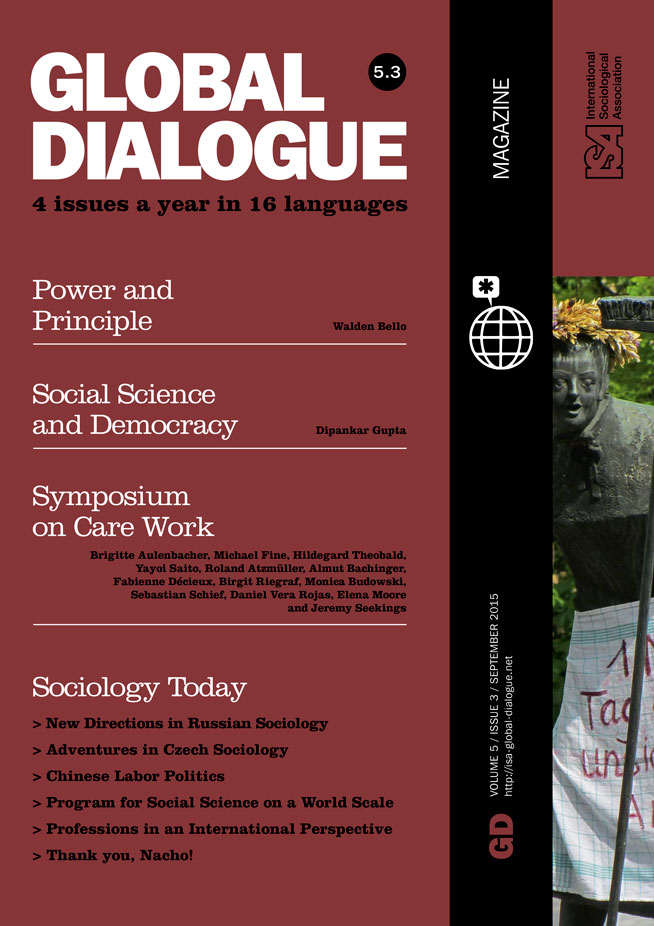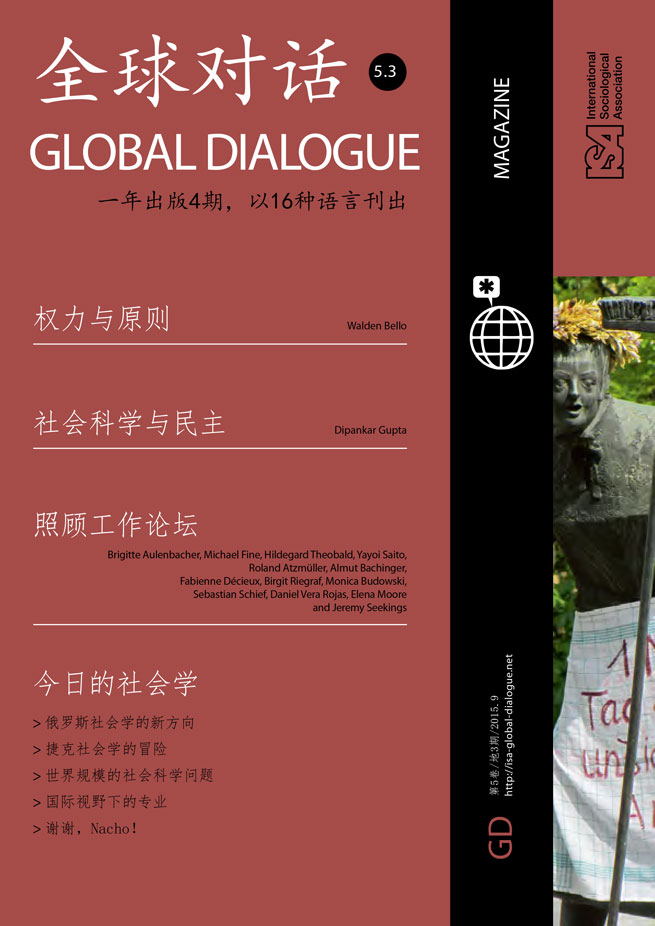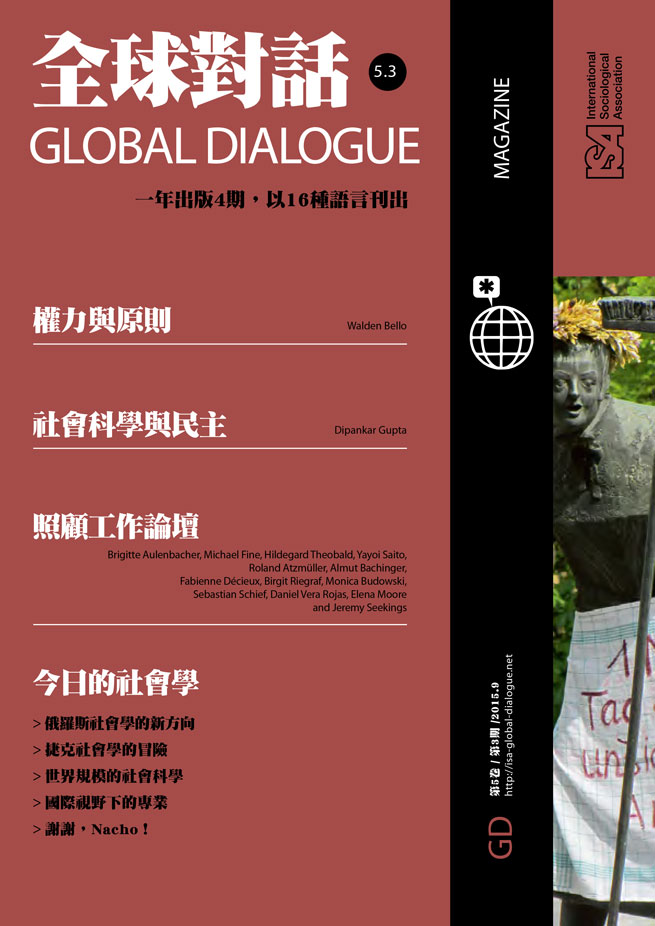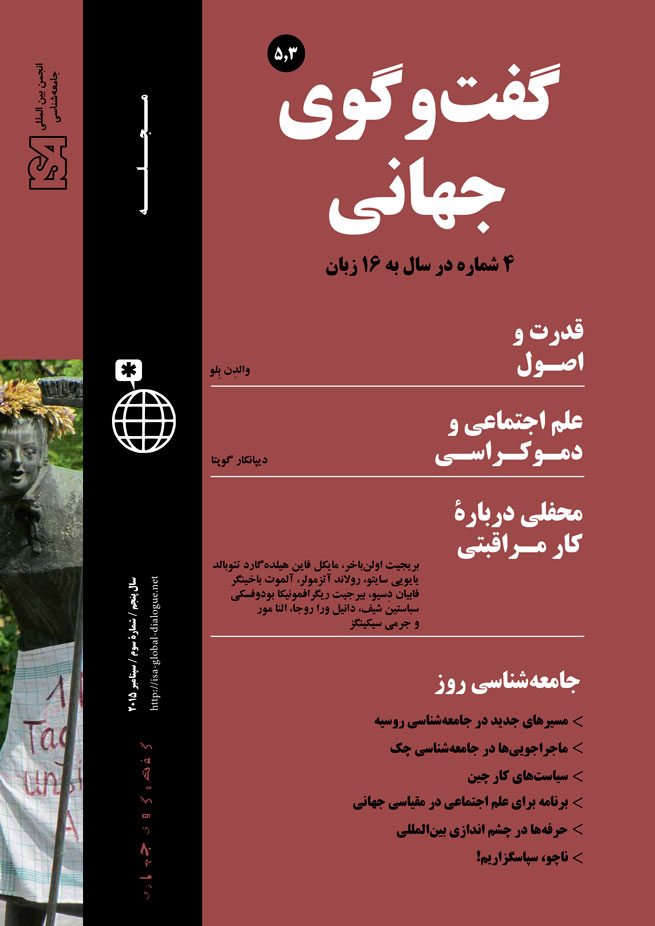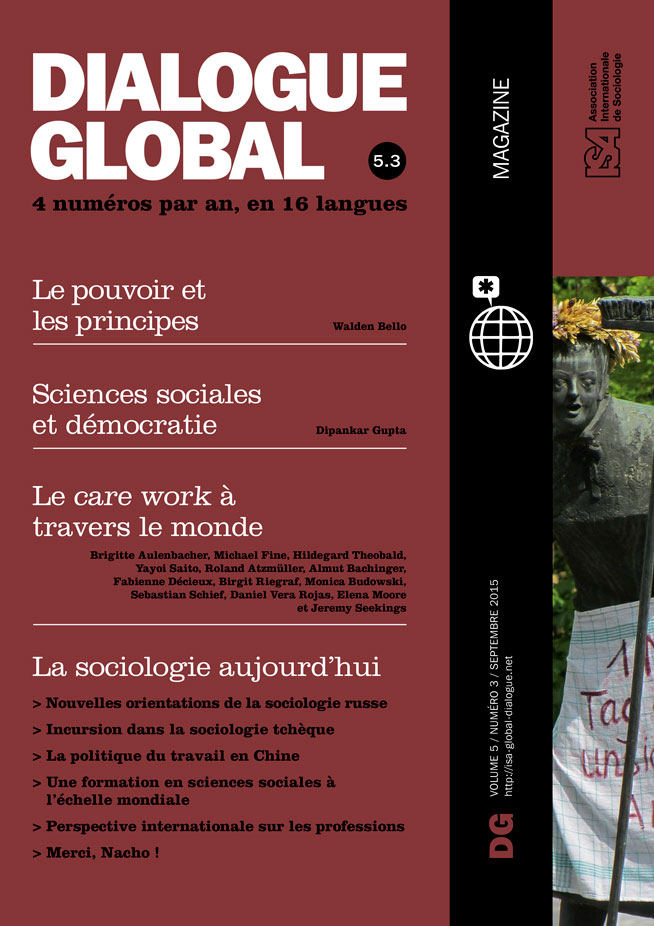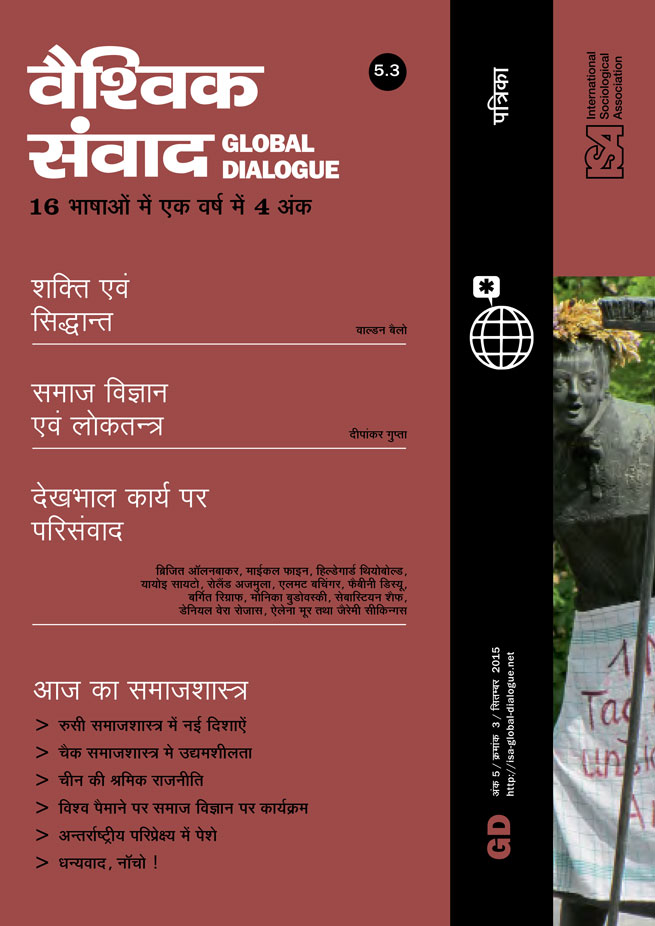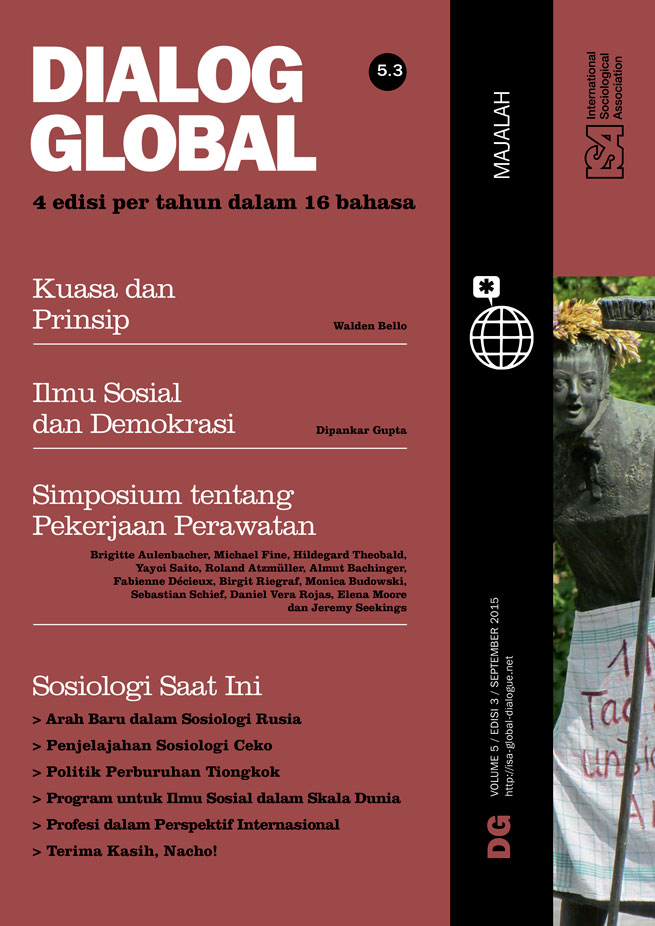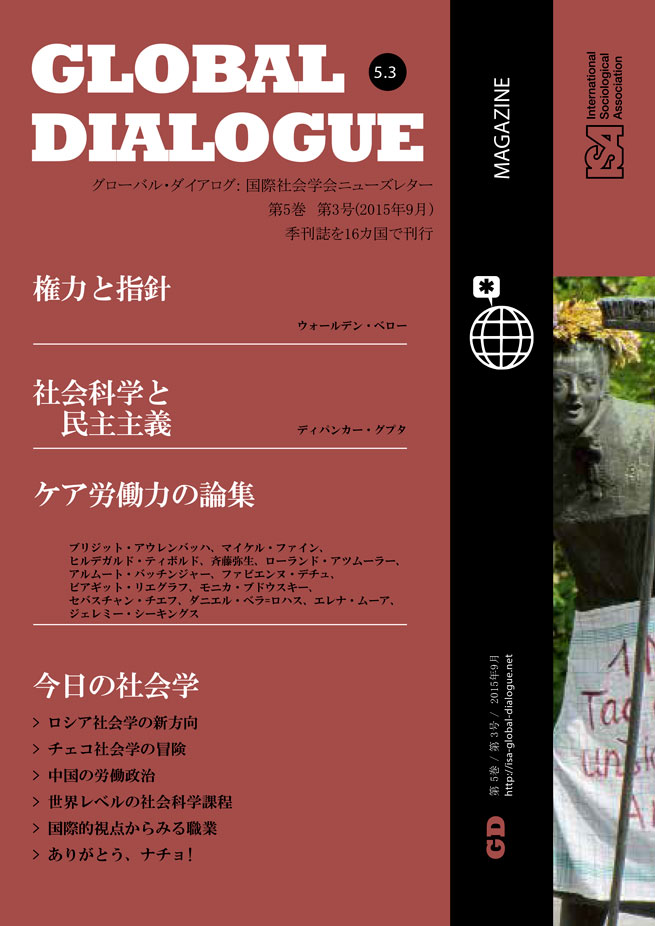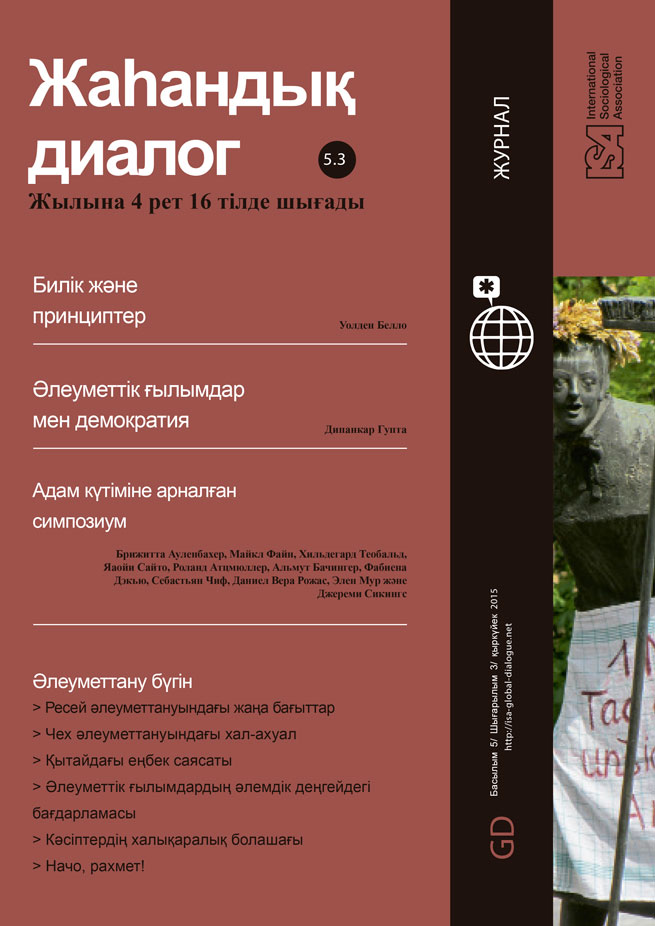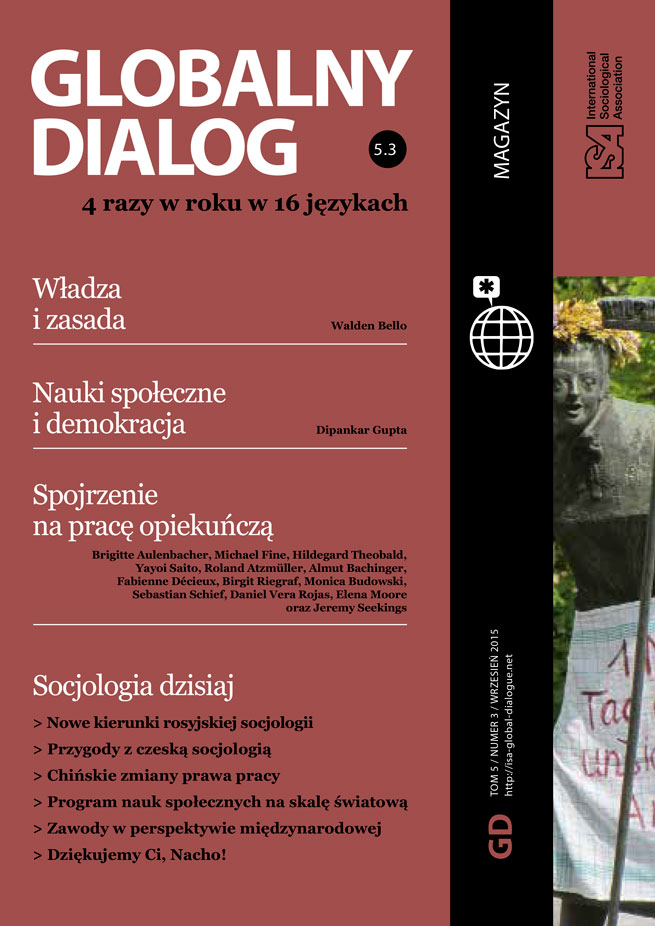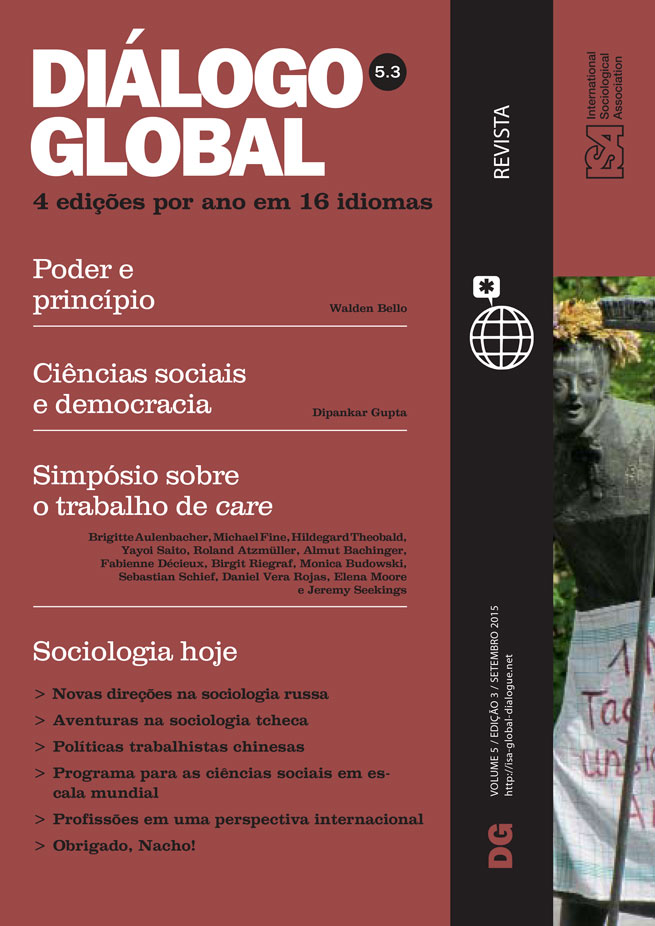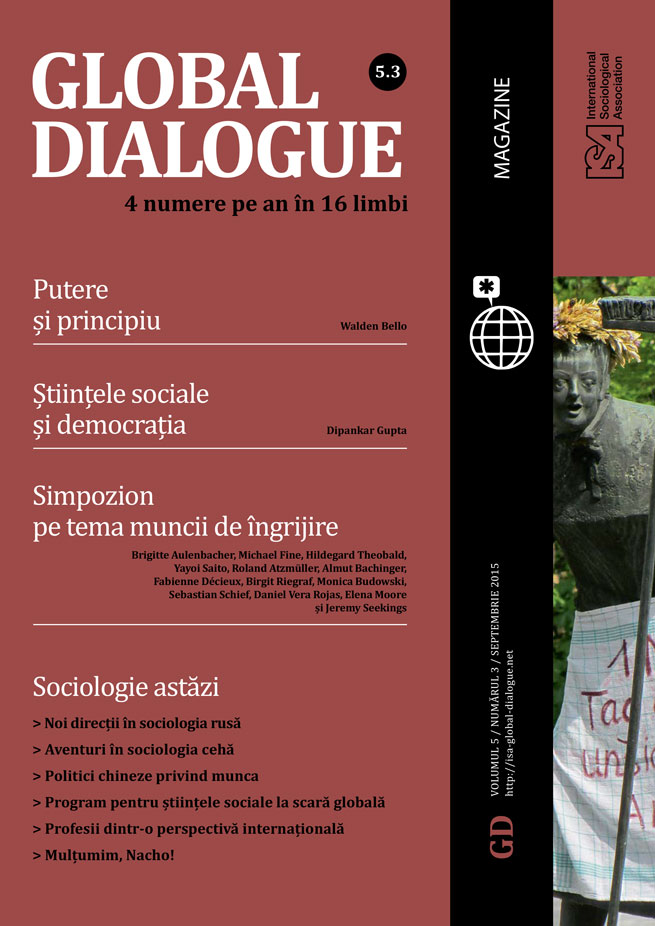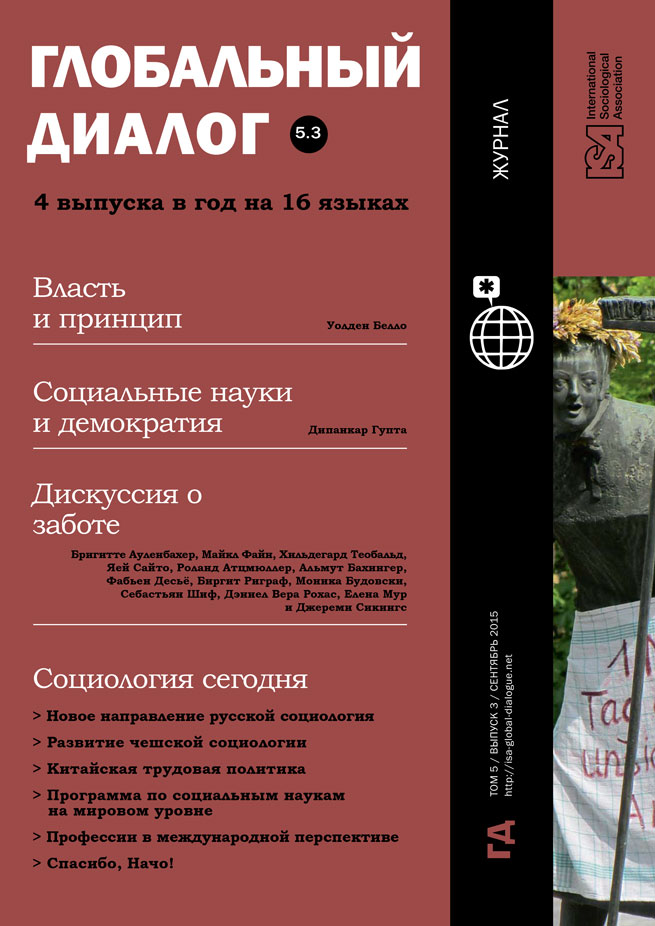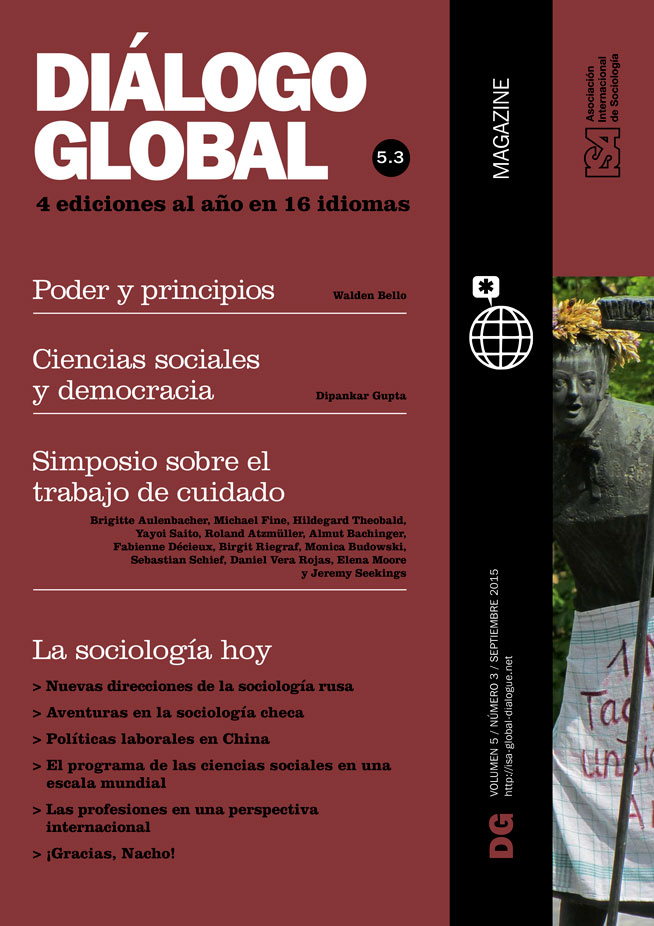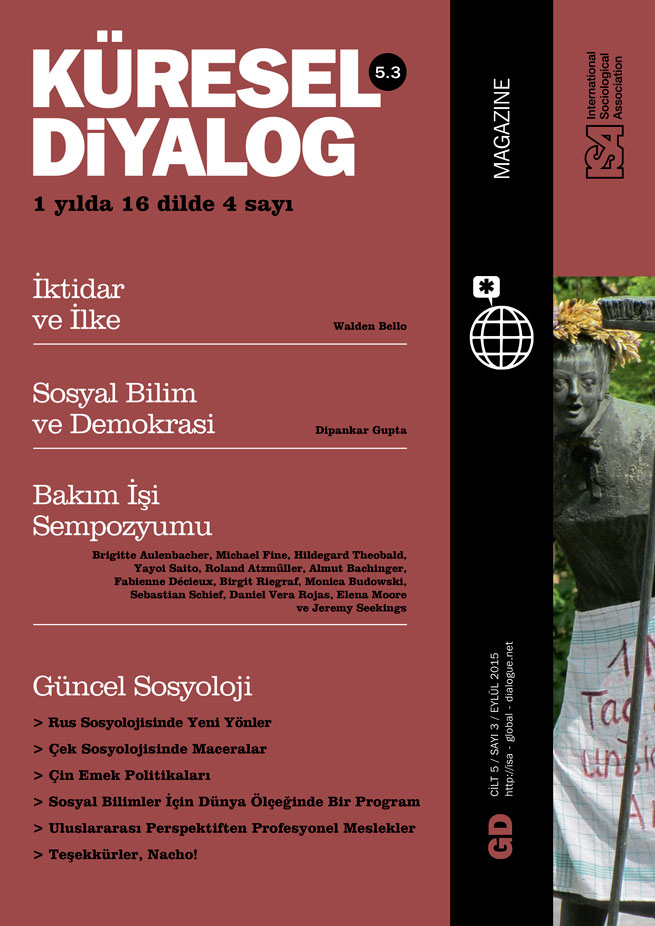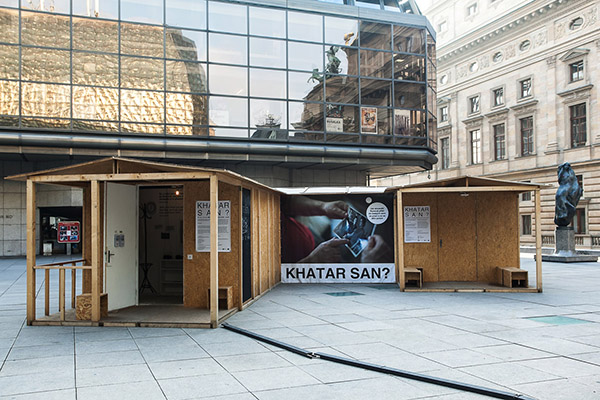Read more about Adventures in Czech Sociology
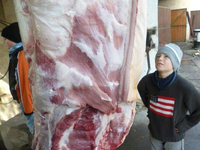
Homeschooling: Freedom and Control in Czech Education
by Irena Kašparová
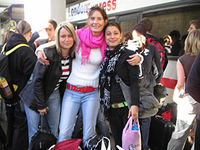
Au pair Migration as a Rite of Passage
by Zuzana Búriková
August 08, 2015
It is May 15, 2013 and we are standing in the sunny square in Olomouc, a city halfway between Brno and Ostrava, where we are staging the project Memory of Roma Workers. It is the first big encounter of the whole team. More than ten people – academics, community workers, and teachers – stand in a circle to discuss the warm-up tasks at the beginning of a long day. There is no better way to get acquainted, to start building mutual trust, than working together on a common goal. Our goal is to prepare an exhibition about the Slovak Roma who came to Czech lands to work after 1945, to commemorate these events and to imbue the Roma in Czech society with a more dignified status.
“When I walk around the city quarter where we operate, I always ask young girls I do not know well, ‘Khatar sal?’ (Where are you from?). Because I know they all came from somewhere, and their families have roots in Slovakia, as has my own,” says Božena Dudi Koťová, a community worker and daughter of a Roma writer, activist and former worker who first came to today’s Czechia from the Slovak-Ukrainian border in 1952. The architect of the future exhibition is listening, other team members agree with the exhibition title and I am happy the project filmmaker caught that formative moment on camera.
“How do you spell ‘Khatar sal’?” I ask, because my Roma language is very weak. I know only some basic phrases – enough to greet, to offer a symbolic gesture of respect, and as a defense strategy when needed. Roma language is too complicated for me; I did not make it through the fifth lesson. Božena spells the sentence and adds, “But we should name the exhibition Khatar san? because it is still a habit to use formal terms when addressing the elderly.”
It is September 8, 2014 and I am reading my opening speech in front of a chipboard replica of a house, raw on the outside, painted in the colors of the Czech and Roma flags on the inside. About fifty people form a ceremonial crowd. One of them is a plainclothes policeman specializing in extremism, probably here because we told the local police we planned an exhibit on the Ostrava-Vítkovice square, with a shy request asking whether they could oversee things. We do not know what might happen. Or if anything will happen. To the exhibition? To us? The councilors of the central district of Ostrava refused to give us a permit to put the exhibit in the main square, and ignored our invitation to debate their decision. “No wonder,” one of the visitors in Ostrava-Vítkovice says. “They feel responsible for the image of central Ostrava and they do not want it to look like a gypsy land.”
The chronicler of Vítkovice sees it differently. “I am excited we have this new cultural form right here, no one else in Ostrava has it.”
What was the biggest surprise? No vandalism during the exhibit’s five weeks on display. Roma families coming dressed up to see and listen to their relatives’ and neighbors’ stories. A homeless man thanking us for a very interesting experience, entering the exhibition. Teenage passers-by using the latest technologies, all dressed up, contemporary, but hysterical at the possibility of even approaching closer, because we might start talking to them. Senior Czechs remembering Roma co-workers, neighbors and teenage loves from the 1960s. The director of an elementary school full of Roma pupils, who does not know that a Roma flag exists – and appears unashamed to acknowledge her ignorance.
It is February 9, 2015 and I receive an email from the Czech Ministry of Culture, which funded the Memory of Roma Workers project. We made three exhibitions as promised, but they did not last two months each, as the conditions of the grant had stipulated. In spring 2014 I fully intended to meet the two months condition, but as the obstacles and more-or-less transparent political and administrative pressures mounted, I slowly moved back from this condition and forgot that it was crucial for the grant fulfilment. I was simply overwhelmed by the administrative complications of the whole process (including getting fifteen permissions for one spot, an all-time record) and by the confusing and sometimes unfriendly communication style. We already have two groups interested in supporting follow-up exhibitions. An independent curator from abroad saw our exhibition and sent an appreciation, together with a request that we explain the working of the retro phone with which you could dial and listen to different narratives of Roma witnesses.
Besides the interest in further exhibitions, there were contributions to theoretical reflections on inter-ethnic relations, education and eliminating social inequalities, or the possibilities of empowering civic dialogue and dealing with differences in the age of the “uncooperative self”. We estimate that 2,500 people saw our exhibition from the inside, and hundreds more through the outside windows. We certainly don’t feel it was all in vain! But according to applied-science criteria we failed, and we are back at square one.
So we start preparing another exhibition tour. Luckily one supporter saved all the exhibits literally just as we were closing. He wants to display them at the bus stops in his town, an industrial center where few Roma witnesses of post-war working migration from Slovakia are left. Rents in the city center ran high after 1989, and most Roma left for the region’s peripheral areas – one of many similar post-socialist patterns in Czech cities. Innovative applied science is the most fulfilling – and frustrating – professional challenge I have faced in years.
Kateřina Sidiropulu Janků, Masaryk University Brno, Czech Republic <katerinasj@fss.muni.cz>
This issue is not available yet in this language.
Request to be notified when the issue is available in your language.
If you prefer, you can access previous issues available in your language:
